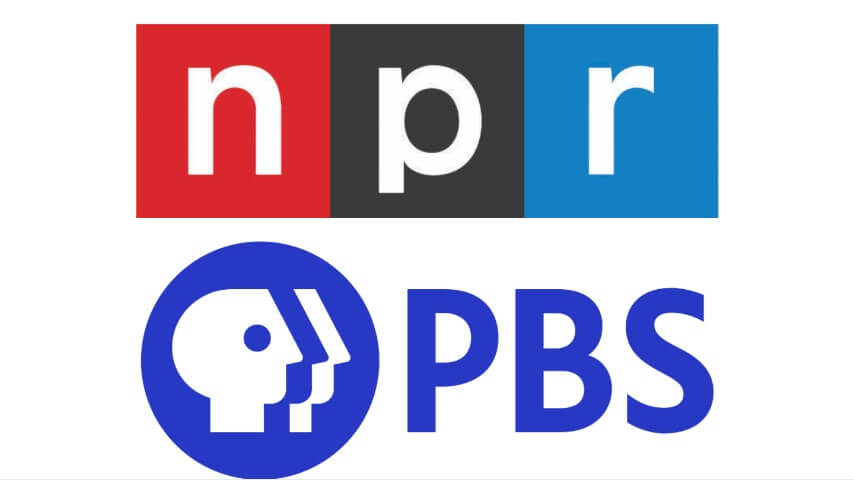In his letter, Carr expressed that he does not feel Congress should continue allocating funds to these organizations “given the changes in the media marketplace.” (The Heritage Foundation’s Project 2025, believed to be a blueprint for Trump’s second term, calls for the elimination of all federal funding to public broadcasting.) He wrote that “Congress is actively considering whether to stop requiring taxpayers to subsidize NPR and PBS programming,” adding, “To the extent that these taxpayer dollars are being used to support a for profit endeavor or an entity that is airing commercial advertisements, then that would further undermine any case for continuing to fund NPR and PBS with taxpayer dollars.”
“PBS is proud of the noncommercial educational programming we provide to all Americans through our member stations,” Kerger said in a statement (via NPR). “We work diligently to comply with the FCC’s underwriting regulations and welcome the opportunity to demonstrate that to the Commission.”
Similarly, Maher said in her own statement, “NPR programming and underwriting messaging complies with federal regulations, including the FCC guidelines on underwriting messages for noncommercial educational broadcasters, and Member stations are expected to be in compliance as well. We are confident any review of our programming and underwriting practices will confirm NPR’s adherence to these rules. We have worked for decades with the FCC in support of noncommercial educational broadcasters who provide essential information, educational programming, and emergency alerts to local communities across the United States.”
NPR reports that it receives about 1 percent of its funding directly from the federal government each year, while PBS receives 16 percent. Much of their funding comes from the sponsorship of supporters; public broadcasters are allowed to air corporate underwriting spots, which acknowledge sponsors without endorsing products or services. FCC Commissioner Geoffrey Starks, a Democratic appointee, said in a statement, “Public television and radio stations play a significant role in our media ecosystem. Any attempt to intimidate these local media outlets is a threat to the free flow of information and the marketplace of ideas.”

